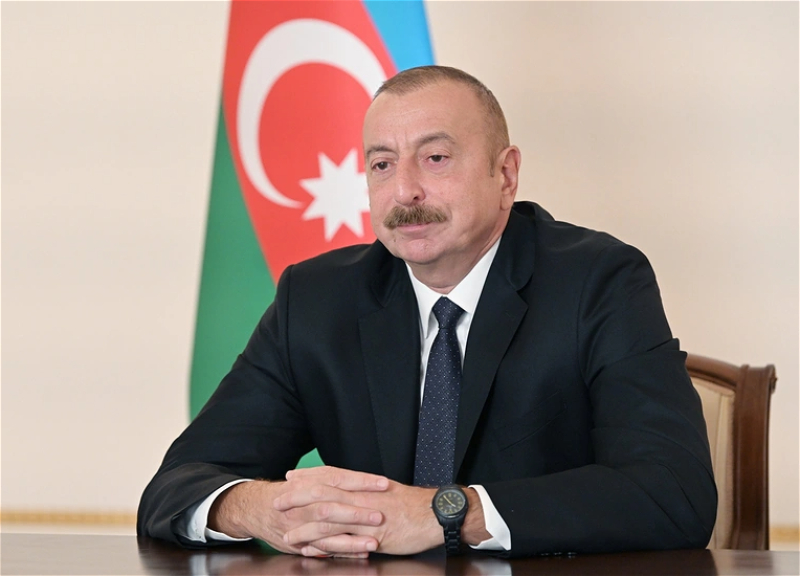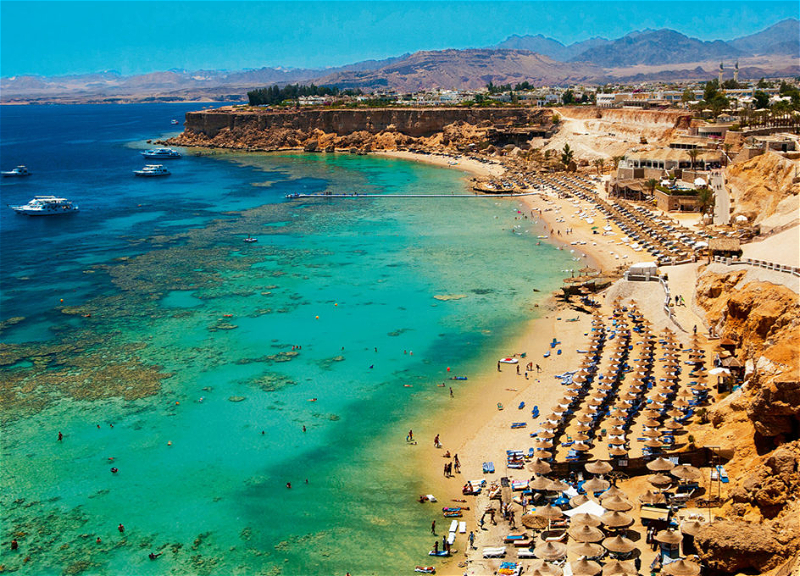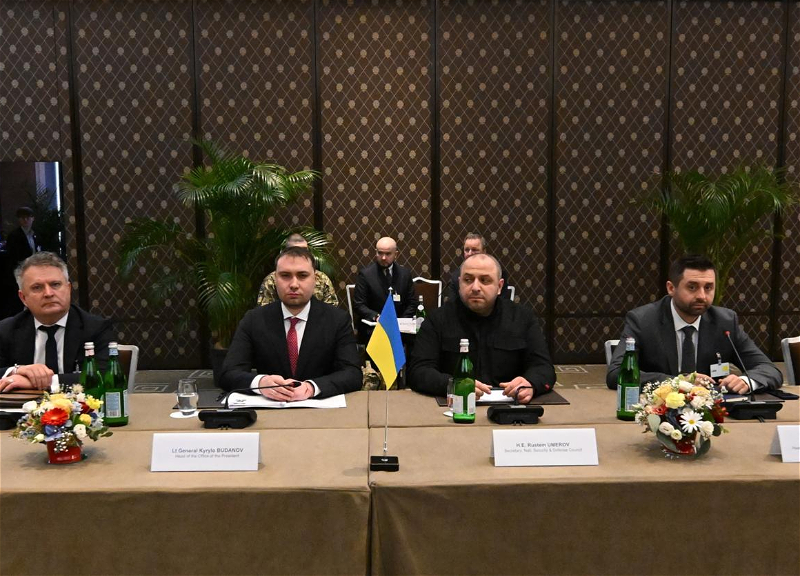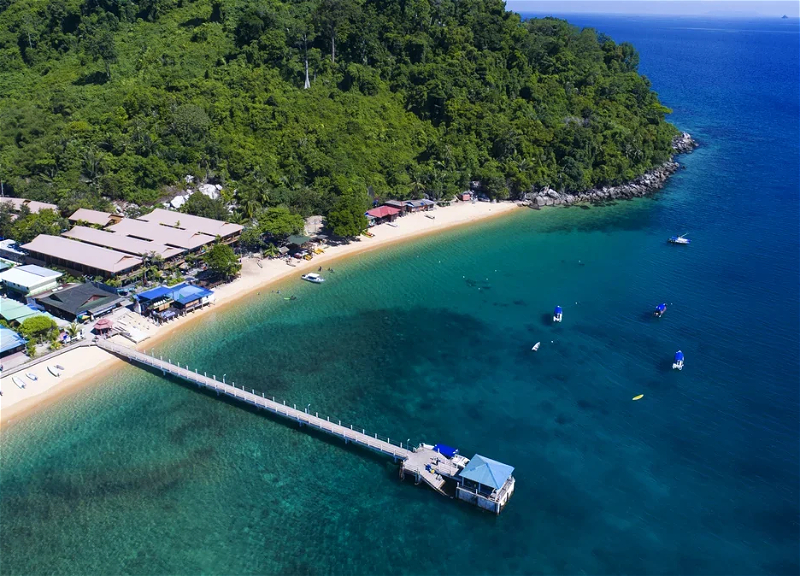Новости Азербайджана
Главные новости

Общество
Пасмурно, но без осадков - ПРОГНОЗ НА ПОНЕДЕЛЬНИК
23 февраля в Баку и на Абшеронском полуострове ожидается переменная облачность, временами пасмурно, преимущественно без осадков. Как сообщает 1news.az со ссылкой ...
Спорт
Азербайджанские гимнасты взяли золото и серебро на Кубке мира в Баку
Азербайджанские гимнасты Тофик Алиев и Михаил Малкин успешно выступили на этапе Кубка мира, проходящем в Баку. Оба тамблингиста поднялись на пьедестал ...
Политика
Министр обороны посетил подразделения ВВС - ФОТО - ВИДЕО
Министр обороны генерал-полковник Закир Гасанов и заместитель министра обороны - командующий Военно-воздушными силами (ВВС) генерал-лейтенант Намиг Исламзаде посетили подразделения ВВС. На ...
Xроника
Президент Ильхам Алиев направил поздравительное письмо королю Саудовской Аравии
Президент Азербайджанской Республики Ильхам Алиев направил поздравительное письмо служителю Двух Благородных Святынь, королю Саудовской Аравии Сальману бен Абдель Азизу Аль ...
Политика








































